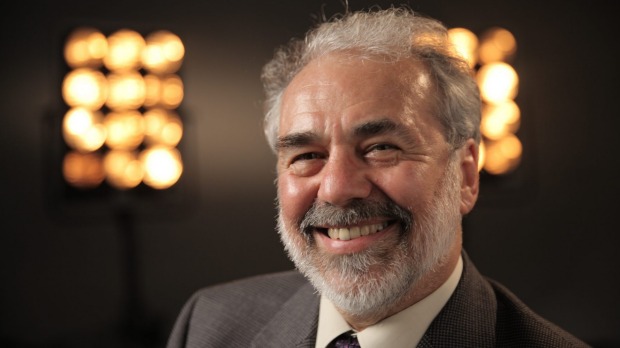
University of Queensland Professor Leigh Ward won the Australian Acadamy of Technological Science and Engineering’s Clunies Ross Award on Thursday for his work on the L-Dex device, which can provide early detection of lymphoedema. Photo: Supplied
A Queensland researcher hopes winning one of the nation’s most prestigious innovation awards will draw attention to the painful medical condition lymphoedema.
University of Queensland Professor Leigh Ward won the Australian Acadamy of Technological Science and Engineering’s Clunies Ross Award on Thursday, for the L-Dex device which can detect the early onset of the condition.
Lymphoedema can be inherited but can also be a side-effect of cancer treatment, causing limbs to drastically swell and harden because of damage to the lymph system.

Lymphoedema can be caused by cancer treatments. Photo: Supplied
Professor Ward said about a quarter of breast cancer patients were at risk of developing the condition.
“The earlier you can institute treatment, the better. The L-Dex device detects the fluid accumulation very early before there’s noticeable swelling or before the woman realises there’s anything wrong,” he said.
While the machine is best suited to treating breast cancer patients it can also be used for some men. It can detect lymphoedema before symptoms are noticeable and does so through the use of four electrodes attached to the skin.

Symptoms of lymphoedema. Photo: Supplied
Professor Ward said he had spent 15 years collaborating with others on the technology, but was disappointed the take-up rate among medical practitioners in Australia was lower than in the United States.
He said the cost of the machine – up to $13,000 in some cases – was a drawback. However clinical trials are underway for a smaller version that could be used by patients at home.
“The goal is for every person who’s at risk of lymphedema to have the L-Dex test before they have the surgery or treatment, and then are subsequently followed up,” Professor Ward said.
